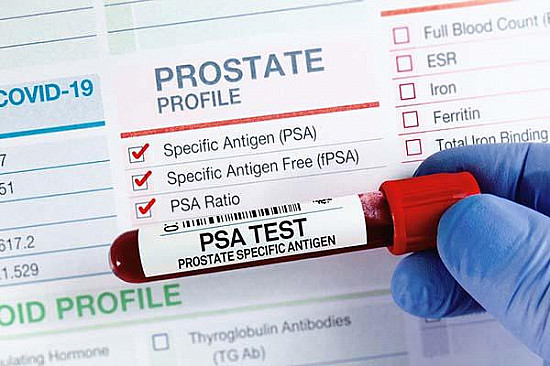Smoking tied to more aggressive prostate cancer

If you’re a smoker looking for another reason to quit, consider this: in addition to raising your risk of heart and lung disease, as well as cancers of the bladder and kidney, smoking could boost the odds that you will develop aggressive prostate cancer that metastasizes, or spreads through your body. That’s according to research published by an Austrian team in 2018.
The evidence connecting tobacco use with prostate cancer (which tends to grow relatively slowly) isn’t as strong as it is for other smoking-related diseases. Researchers first detected the link only after pooling data from 51 studies that enrolled over four million men. Published in 2014, this earlier research showed that smokers have a 24% higher risk of death from prostate cancer than nonsmokers, but it left an open question: did the men who died from these other causes also have high-grade prostate cancers that had not yet been detected? Experts suspected that since smoking kills in different ways, some of those who pick up the habit simply may not live long enough to die from prostate cancer.
To investigate, the Austrian researchers limited their analysis to just over 22,000 men who had recently been treated surgically for prostate cancer, but were otherwise healthy. This was a smart move. By focusing on prostate cancer patients instead of just smokers and nonsmokers, they excluded the men who were at higher risk of death from competing causes.
After roughly six years of follow-up, the data told a clear story: prostate cancer patients who smoked were nearly twice as likely to die of their disease (89% higher risk) than nonsmokers. In addition, the risk that their cancers would spread was 151% higher, and there was a 40% higher risk that their prostate-specific antigen levels would rise again after surgery, signaling the cancer’s return.
The biological link between smoking and prostate cancer is not clear. The cancerous pollutants that smokers inhale are excreted to some extent in urine, which flows through the prostate. Smoking might boost levels of toxic inflammation. Or perhaps it’s not even the smoking itself, but the poor lifestyle choices that often accompany it, such as inadequate exercise, or excessive alcohol use..
“I continue to try to understand why some smoking patients are so concerned about simple modifications in diet and querying about supplements (most of which have never been proven to be of any benefit for prostate cancer patients) yet continue with their habit,” says Marc Garnick, the Gorman Brothers Professor of Medicine at Harvard Medical School and Beth Israel Deaconess Medical Center, and editor in chief of HarvardProstateKnowledge.org/ “The message is clear – if you have prostate cancer and are concerned about how you can modify risk for cancer progression, and you are a smoker — simply STOP.”
About the Author

C.W. Schmidt, Editor, Harvard Medical School Annual Report on Prostate Diseases
Disclaimer:
As a service to our readers, Harvard Health Publishing provides access to our library of archived content. Please note the date of last review or update on all articles.
No content on this site, regardless of date, should ever be used as a substitute for direct medical advice from your doctor or other qualified clinician.
















